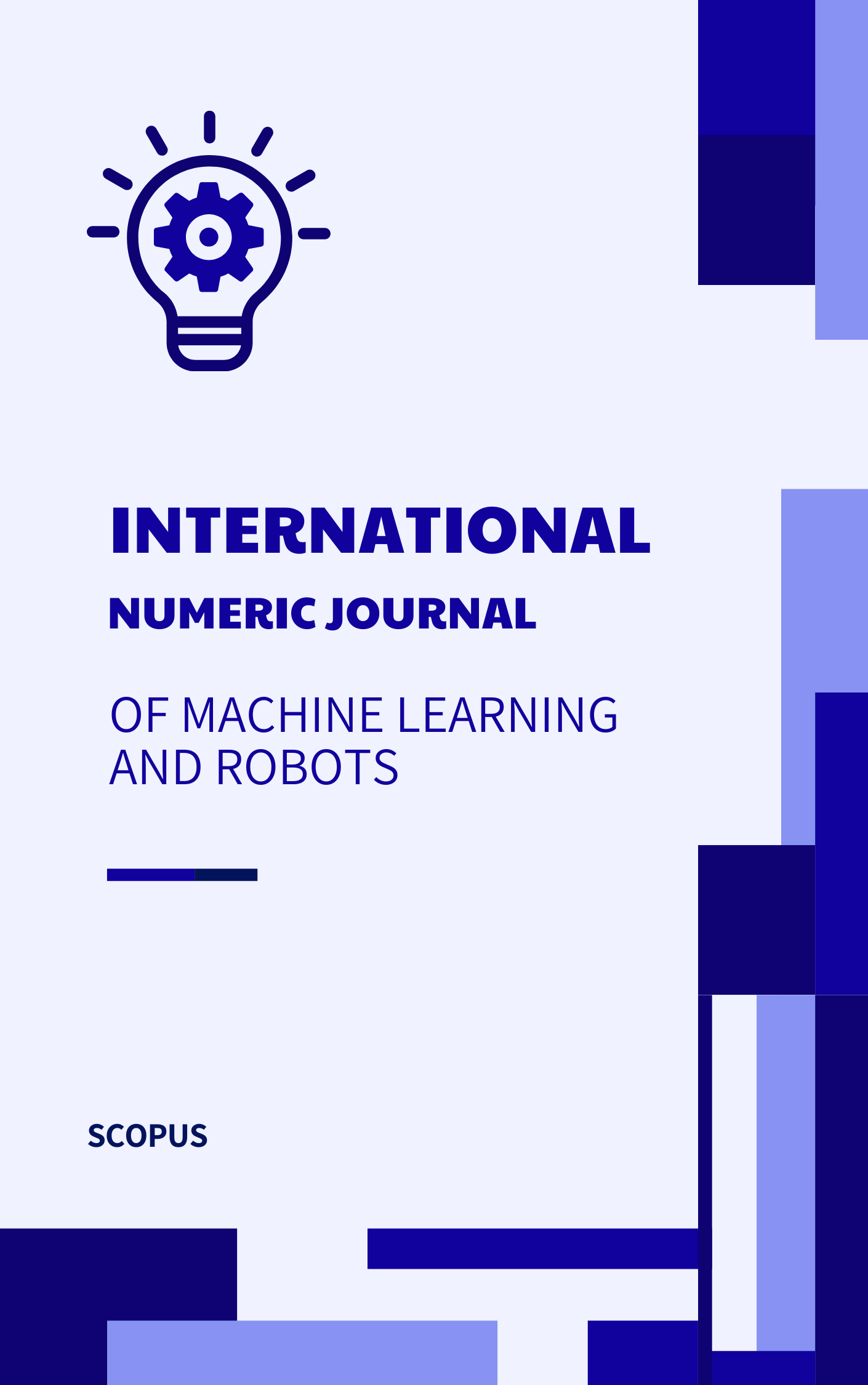A Comparative Study of Deep Learning Models for Autonomous Navigation in Robotics
Abstract
Autonomous navigation is a critical component of robotics, enabling robots to move intelligently and interact with their environment. Deep learning has revolutionized this field by providing powerful tools for perception and decision-making. This paper presents a comparative study of deep learning models for autonomous navigation in robotics, focusing on various approaches such as convolutional neural networks (CNNs), recurrent neural networks (RNNs), and reinforcement learning (RL). We evaluate the performance of these models in diverse scenarios, including indoor and outdoor environments, and examine their ability to handle obstacles, adapt to changing conditions, and optimize path planning. Our findings reveal the strengths and weaknesses of each model, shedding light on their suitability for different robotic navigation tasks. Furthermore, we discuss key challenges and future directions in the use of deep learning for autonomous navigation.
References
Mnih, V., et al. (2015). Human-level control through deep reinforcement learning. Nature, 518(7540), 529-533.
Redmon, J., et al. (2016). You Only Look Once: Unified, Real-Time Object Detection. arXiv:1506.02640.





